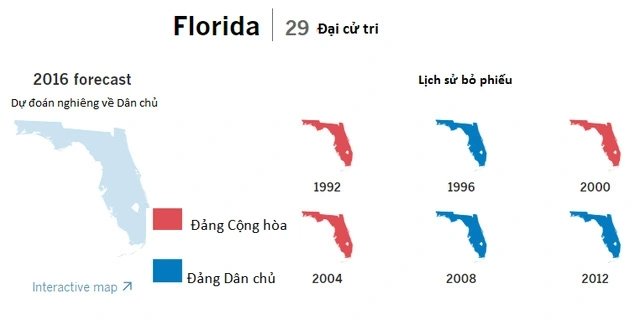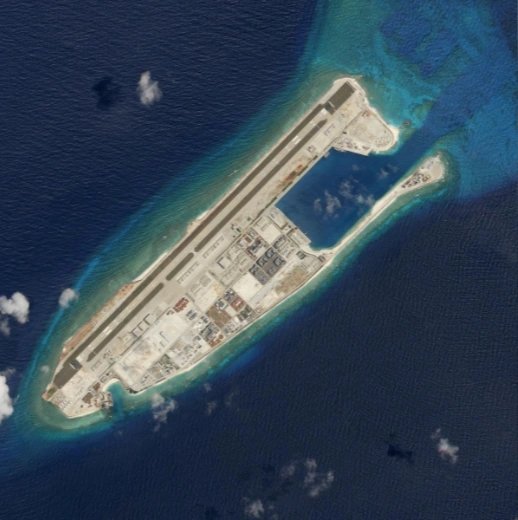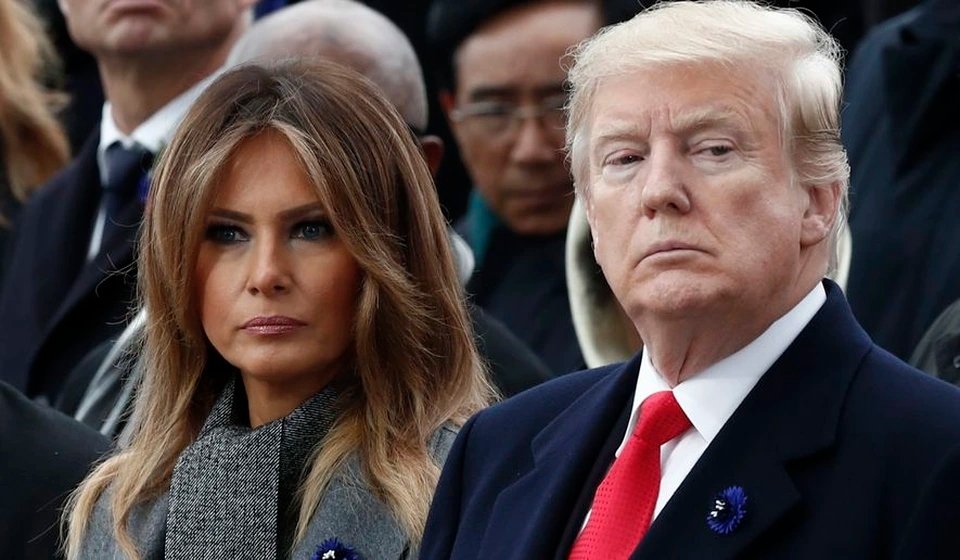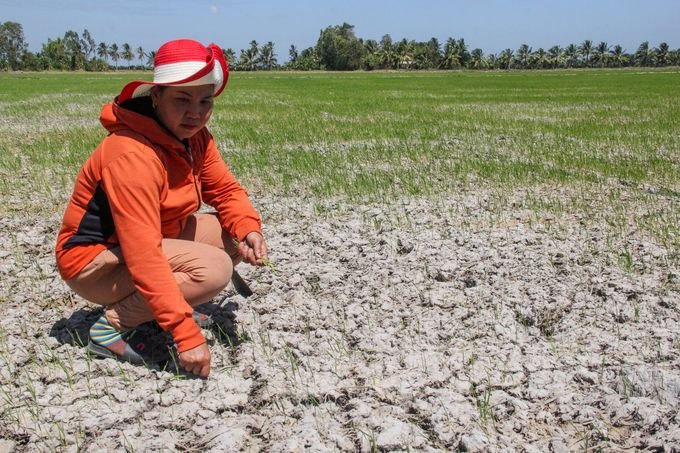
`In the dry season, when drought is very severe, China can hold up to 50% of the Mekong River’s water. So the impact of China’s hydroelectric dams upstream on drought downstream is significant.`
Eyler said this 50% level is based on the logic of the situation, when China is operating 11 hydroelectric dams on the main stream of the Mekong River.
According to Eyler, during the rainy season, the areas with the most water concentration in the Mekong River are in Laos and the Central Highlands of Vietnam. Therefore, China only accounts for about 7% of the Mekong River water in the rainy season.
During the dry season, when there is no rain in the lower Mekong, most of the water comes from glaciers in the Himalayas, which flow through China.
In mid-February 2020, the western region of Vietnam experienced a serious salinity drought.
Nguyen Thi Nhien, 38 years old, Long Phu district, Soc Trang, in a dry rice field.
The main cause of this year’s drought in Vietnam, according to Eyler, is the El Nino phenomenon, causing a lack of rain.
Eyler believes that the larger and closer hydroelectric dams are to the water source, the greater the impact downstream.
`Hydroelectric dams on the Mekong are making drought worse,` Eyler said.
He said that droughts in Vietnam’s Mekong Delta (MRD) appear more frequently and have a stronger impact.
Agreeing on the main cause of drought in the West this year, Dr. To Van Truong, former director of the Southern Institute of Irrigation Planning, said that the rainfall in the 2019 rainy season was lower than normal, so the saline drought
In 2019, when the El Nino phenomenon occurred, Southeast Asia had less rain than normal, because the convection causing rain was shifted to the East.
According to Mr. Dao Trong Tu, former deputy secretary general of the Vietnam Mekong River Committee, currently downstream countries have not assessed the impact of China’s hydroelectric dams on drought downstream, because China does not provide
`The main problem is that China has very limited cooperation and does not exchange actual data on hydroelectric dams,` Mr. Tu said.
Many studies by the Mekong River Commission (MRC) show that the most obvious impact of Chinese hydroelectric dams on the downstream is `silt retention`.
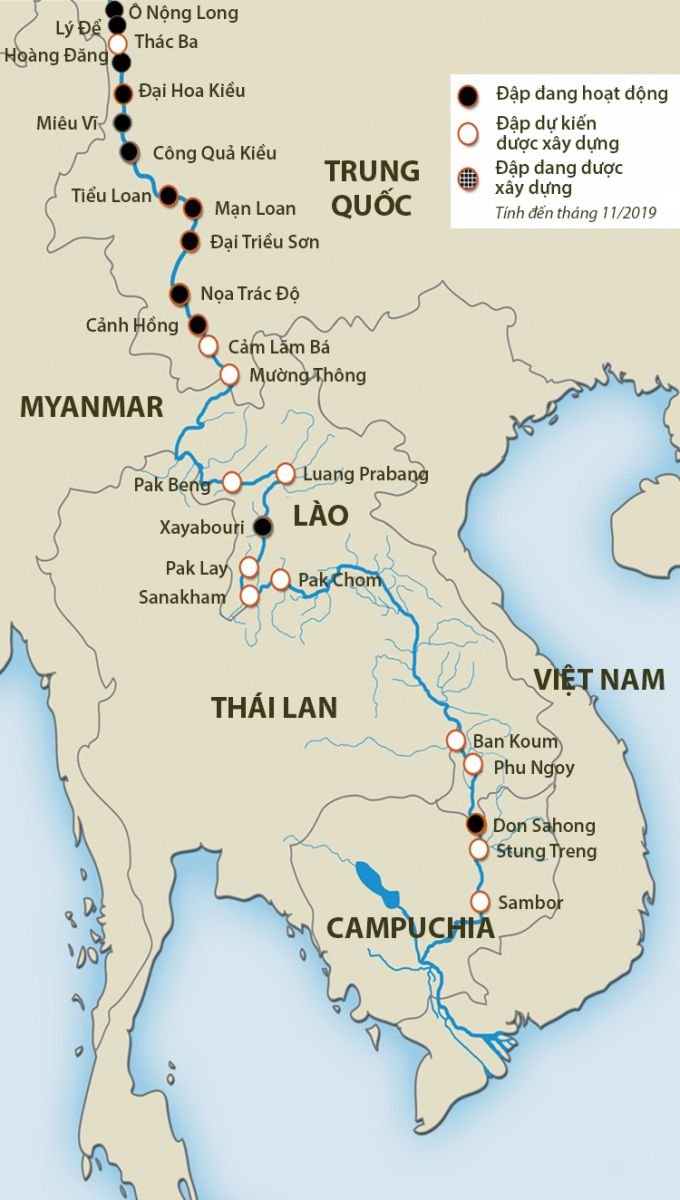
List of China’s hydroelectric dams on the upper Mekong River as of November 2019.
Eyler predicts that droughts in the lower Mekong River will recur more often in the future.
Sharing the same opinion, Mr. Tu said that Vietnam needs to `admit` the fact that droughts will become more frequent and need to have a response plan.
According to Mr. To Van Truong, Vietnam’s immediate solution is to focus on saving water for living and production in a reasonable way.
Eyler appreciated Resolution 120 on sustainable development in the Mekong Delta, which Vietnam issued in 2017. Policies within this framework will help restore nature-based processes, related to natural flood cycles
`If the policy is done right, it will be very effective,` Eyler said.
On a regional scale, Mr. Truong said that Vietnam needs to cooperate closely with countries along the Mekong River to have a near-optimal integrated plan that brings long-term benefits to each country.
`I think now everyone clearly understands the gains and losses of each country,` Mr. Truong said.
With China, the MRC can use the 1995 Mekong Agreement as a legal basis to ask Beijing to cooperate and balance the interests of the parties.
According to Mr. Tu, Vietnam should take advantage of the Mekong – Lancang cooperation mechanism between the MRC and China to discuss the Mekong River water issue.
Regarding ASEAN, Eyler believes that Vietnam should prioritize discussing the Mekong River issue during its year as Chairman of the Association in 2020. The ecosystem and resource base of the Mekong are threatened, while the Mekong Delta is the place where
`Vietnam should raise the Mekong River issue from a security perspective, because the crisis here can cause instability in the region. Hopefully Vietnam can change the way ASEAN views the Mekong,` Eyler said.
According to Eyler, the MRC Secretariat has never had access to Chinese data on upstream hydroelectric dams.
`The MRC should not let China provide inaccurate data about the downstream impacts of hydropower dams,` Eyler said.
Vietnamese-English

